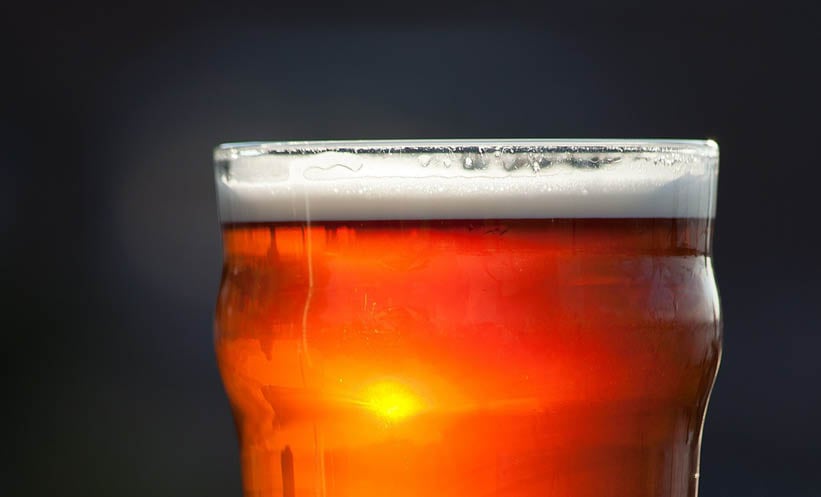ALZHEIMER’S disease onset could be influenced by alcohol consumption according to researchers from the University of Illinois at Chicago, Illinois, USA. The findings suggest that alcohol may impede the ability of microglial cells to clear amyloid beta from the brain, a protein heavily associated with Alzheimer’s development.
Phagocytosis
The role of alcohol in Alzheimer’s is unclear, and there have been no previous studies looking at whether genes in cells of the brain involved in protecting against the condition are affected by alcohol. In the new study, the team analysed the impact of alcohol and high inflammation levels on genes in microglial cells; in a process called phagocytosis, these cells engulf and digest the amyloid beta protein plaques implicated in Alzheimer’s disease.
Altered Gene Expression
Over a 24-hour period, microglial cells of rats were exposed to either alcohol, pro-inflammatory chemicals called cytokines, or both alcohol and cytokines. The researchers then observed changes in gene expression under each condition in addition to whether the cell’s ability to engulf amyloid beta was impacted. They found that 312 genes exposed to alcohol had altered gene expression, while the number was 3,082 for pro-inflammatory exposure, and 3,552 had changed expression for alcohol and pro-inflammatory exposure. The level of gene expression change ranged from a 50% decrease to a 72% increase, averaging to roughly 16%. Only a small proportion of the genes were involved in both phagocytosis and inflammation.
Impeding Microglia Function
“Among the genes we saw altered were many involved in phagocytosis, which is the first time this has been shown,” explained Prof Douglas Feinstein, University of Illinois at Chicago. “While these studies were performed in isolated cells, our results suggest that alcohol impedes the ability of microglia to keep the brain clear of amyloid beta and may contribute to the development of Alzheimer’s disease.”
Binge Drinking Levels
The team also exposed the cells to alcohol levels similar to those seen in humans following binge drinking; this suppressed microglial phagocytosis by about 15% after 1 hour. “We didn’t continue the study to see whether phagocytosis was further impaired after longer exposures to alcohol,” added Prof Feinstein, “But it appears that these changes in microglial cells could be a contributing factor to the development of Alzheimer’s disease.”
James Coker, Reporter
For the source and further information about the study, click here.








